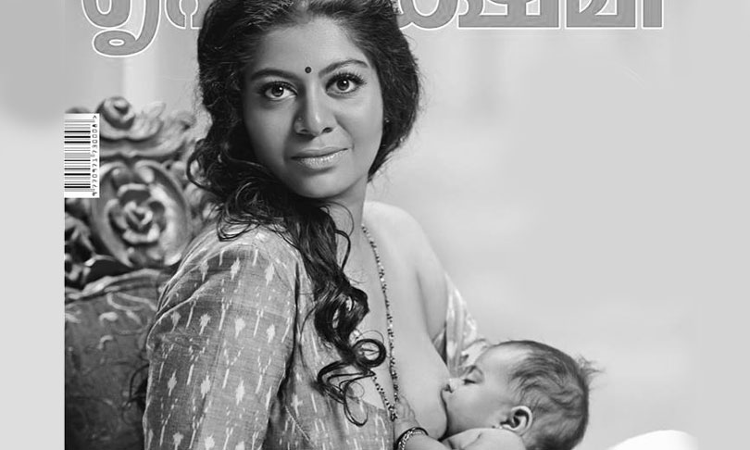Breastfeeding An Inalienable Right Of Lactating Mother Protected Under Article 21; Right Of Infant To Be Breastfed Also Assimilated With Mother's Right : Karnataka High Court
Mustafa Plumber
29 Sept 2021 3:40 PM IST

"Between the genetic mother and the foster mother, the claim of the former should have priority over the latter", the Court said.
Next Story


